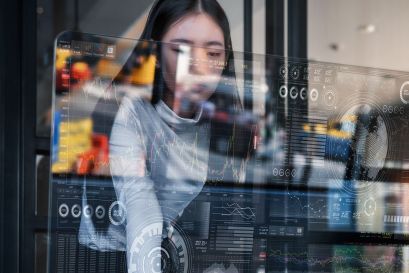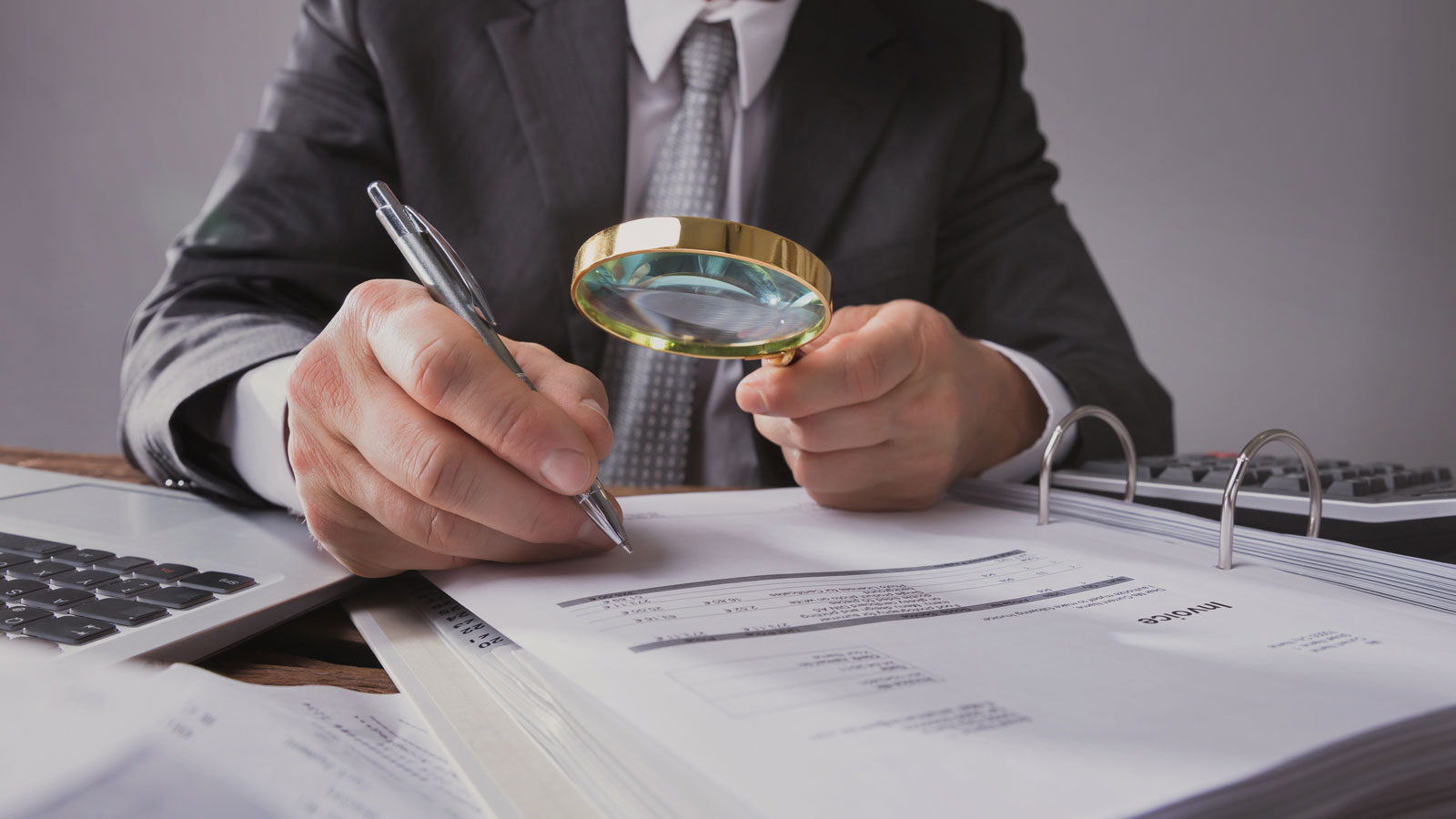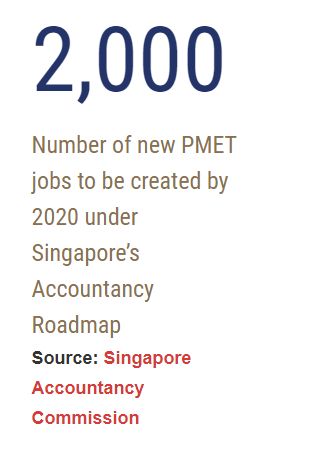Make Data Count
Accountants have always been in the centre of business data, and technological advancements have only increased demands on their ability to quickly interpret and report data. With data analytics, the profession is discovering that they can make more informed decisions and contribute more value to businesses.
Technology is radically reshaping the finance and accounting function, forcing today’s professional accountants to embrace new digital tools across all aspects of their work. Artificial intelligence, blockchain, cloud computing, robotic process automation (RPA) and data analytics are among the technologies affecting the methods, tools and processes used in the accounting ecosystem.
Consider audit services, for example, which has long been characterised by laborious transaction processing. With RPA eliminating such time-consuming work, more efficient and comprehensive audits can be performed using an entire set of financial accounts and transactions, instead of just a sample. RPA can also improve compliance and reduce risk by flagging anomalies which traditional controls may fail to identify. Freed up from tedious manual tasks, auditors can thus focus on higher-value activities like planning and budgeting.
However, for every person excited by these transformations, there is another who is struggling to cope. In a survey of thought leaders by Accounting Today, the two concerns most frequently cited as the biggest challenges facing the profession were the impact of new technologies, and accounting’s ability to adapt to the rapid pace of change. A 2017 survey jointly conducted by EY and CPA Australia also found that 79 per cent (eight in 10) of Singapore-based finance and accounting professionals do not feel equipped with the necessary skills to meet the demands of their jobs in 10 years’ time.
These findings back up the results of a 2016 survey by the Institute of Singapore Chartered Accountants which measured the rate of technology adoption among the accountancy profession. The study revealed that Singapore’s accountancy sector is lagging behind in harnessing technology, with only 67 per cent of public accounting firms adopting at least one software or technology in their daily operations.
To fill these skills gaps, as well as to develop Singapore into a leading global accountancy hub, the Government unveiled a sector-wide Accountancy Roadmap in 2018. It aims to achieve annual growth of 5.6 per cent to reach S$2.03 billion in nominal value-add by 2020. In support of this Roadmap, the Accountancy Industry Digital Plan was launched last August to help small- and medium-sized practices (SMPs) — which make up 98 per cent of the industry — adopt technology for greater productivity and competitiveness.
With such ambitious plans for the sector, there is a bright future for accountants who possess the tech literacy to help make sense of the ever-larger volumes of data. Recruitment agency Kelly Services has in fact named the accounting sector as offering one of the strongest job-growth prospects in its 2019 Singapore Salary Guide, particularly for those in Professional, Manager, Executive and Technician (PMET) positions. Armed with digital know-how, PMETs will be able to play higher-value or more strategic roles and help lead organisational growth.
Singapore Management University (SMU)’s Associate Professor of Accounting (Practice), Wang Jiwei, commented that professionals occupying business and IT-related roles are also increasingly required to have technical accounting skills. This will enable them to communicate with accountants, understand and analyse financial reports and recommend courses of action to management, thus gaining an edge in the competitive job market.
THE HUMAN TOUCH IS STILL NEEDED
In Asia, the need for both accounting domain expertise and proficiency in data and analytics is heightened by its changing demographic landscape. “Accountants with strong data analytics skills are highly sought after due to the region’s sheer size and scale, as well as the large number of Internet users, providing vast amounts of data,” said Assoc Prof Wang.
He stressed that all finance professionals should be equipped with foundational data analytics skills including basic descriptive and inferential statistics; basic database query; extract, transform and load (ETL) functions; data analysis with Excel; and data visualisation using tools such as Power BI and Tableau.

More advanced skills are required for those interested in specialist roles such as equity analysts, investment analysts and financial data scientists, whose work involves building predictive models and forecasting future outcomes. Examples include programming skills using Python or R, SQL-based data management, as well as machine learning and deep learning algorithms.
While software is helpful, ultimately it is still the humans themselves who have to navigate the data maze, connect the dots and share relevant insights for better decision-making. As such, Assoc Prof Wang identified “critical thinking, problem-solving and human interpretation” as vital soft skills rounding out the accountant’s multi-disciplinary skillset. Knowing how to harness data and communicate it clearly to others — telling a story about the business with data — now comes with the territory.

Mr Kelvin Ang
Group Treasurer at a SGX-listed company
Part-time MPA (graduating in 2021)
SMU offers a Master of Professional Accounting (MPA) programme, Singapore’s most recognised graduate qualification in accounting with 11 accreditations. In addition to accounting knowledge, the programme covers foundational data analytics skills. It is designed for non-accounting graduates who wish to join the accounting profession, and those who require accounting knowledge in their expanded or future roles. For more information, click here.

Ms Chiang Hai Yin
Chief Corporate Officer, Singapore Tourism Board
Full-time MSA student (graduating in 2020)
SMU also offers a Master of Science in Accounting (Data & Analytics) (MSA) programme, the first of its kind in Asia, which incorporates the full suite of data analytics skills such as programming, visualisation and machine learning. It is designed for finance and accounting professionals who wish to further their careers and skillsets in the data-driven era. For more information, click here.
This article was re-produced with permission from CNA Brand Studio: https://www.channelnewsasia.com/news/brandstudio/smumasters/accountancy
Find out more about SMU's postgraduate programmes at SMU Masters Day ONLINE on 3 October 2020. Register here!








